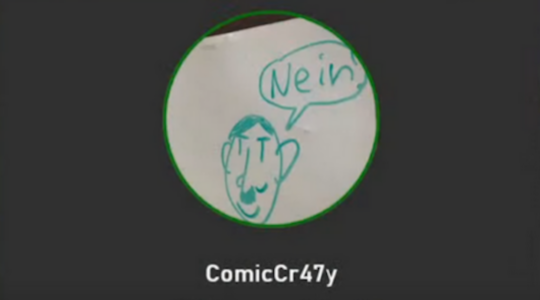LOS ANGELES (JTA) — A letter from former President William Howard Taft attacking the nomination of Louis Brandeis to the U.S. Supreme Court in thinly veiled anti-Semitic terms may be of historic value, but apparently not $15,000 worth.
That sum was the opening bid set by the Nate D. Sanders auction house in Los Angeles for the 1916 document, but by the April 28 deadline no bids had been received.
Taft’s epistle sheds light on the state of anti-Semitism at the time in the most “respectable” circles.
Taft had reportedly hoped that President Woodrow Wilson, his successor in the White House, would appoint him to the seat left vacant by the unexpected death of Justice Joseph Lamar as the 1916 presidential election campaign was heating up.
Although Taft claimed his opposition to Brandeis was based on the latter’s progressive and “socialist” views, the letter’s loaded language and emphasis on Brandeis’ Jewishness have led many scholars to suggest that Taft was motivated by distaste that a Jew was being named, for the first time, to the Supreme Court.
In his four-page letter on Jan. 21, 1916 to Jewish journalist Gus Karger, Taft labeled Brandeis “cunning,” “a hypocrite,” “unscrupulous” and possessing “much power for evil.”
Taft maintained that “the intelligent Jews of this country” also opposed Brandeis’ nomination, but that to counter that opposition Brandeis had suddenly “adopted Zionism, favors the new Jerusalem, and has metaphorically been re-circumcised.”
The Senate, after history’s first public hearing on a Supreme Court nomination, confirmed Brandeis by a 42-22 vote and the Jewish judge went on to a long and influential tenure on the court. Taft would years later write of his respect for Brandeis’ time on the court, despite their political differences.
Although the historic letter is no longer up for auction, it is still available for sale by the Nate D. Sanders auctions house.
JTA has documented Jewish history in real-time for over a century. Keep our journalism strong by joining us in supporting independent, award-winning reporting.





